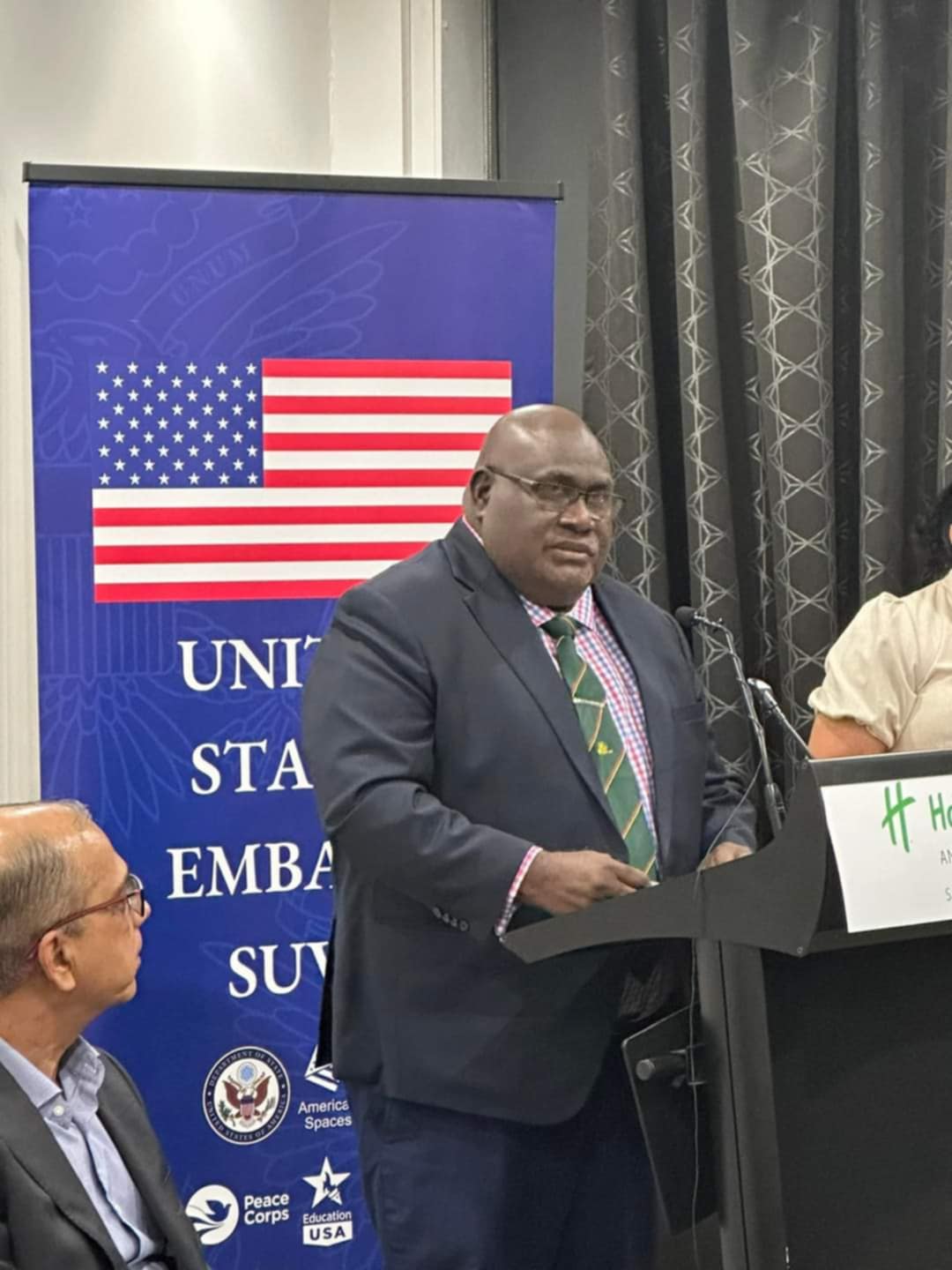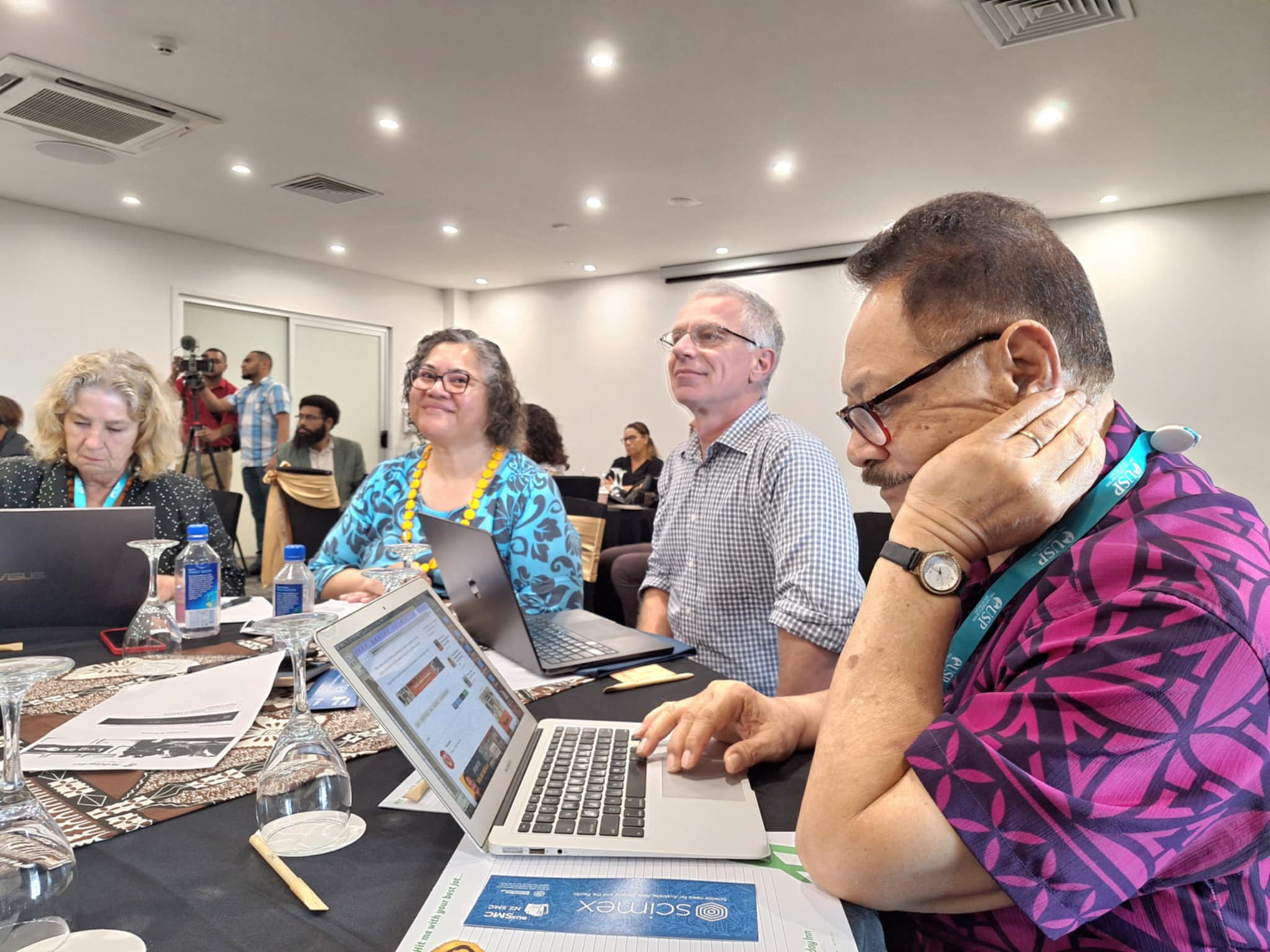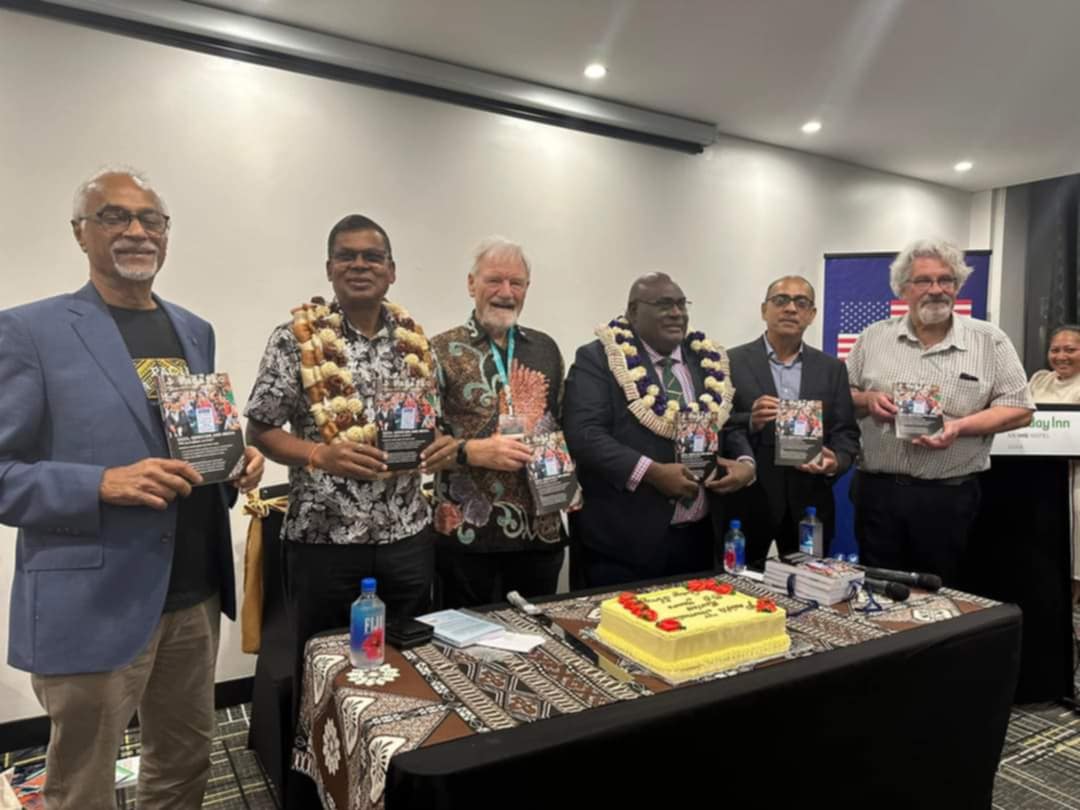Papua New Guinea’s Minister for Information and Communications Technology, Timothy Masiu Thursday expressed strong support for Fiji’s recent media law reforms.
Addressing 2024 Pacific Media Conference in Suva, Masiu stressed the critical importance of media freedom and the need for the region to chart its own path in media development.
“We support and are happy with this Government of Fiji for repealing the media laws that went against media freedom in Fiji in the recent past,” he said.
Masiu highlighted the unique challenges faced by Papua New Guinea due to its diverse society.
“In PNG, given our very diverse society with over 1000 tribes and over 800 languages and huge geography, correct and factual information is also very, very critical.”
Addressing the theme of the conference, “Navigating Challenges and Shaping Futures in Pacific Media Research and Practice,” Masiu emphasised the media’s essential role in shaping public discourse and addressing regional issues.
“It reminds us all of the critical role that the media continues to play in shaping public discourse and catalysing action on issues affecting our Pacific,” he noted.

He raised concerns about external influences on Pacific media and stressed the media’s power to “inform, educate, and mobilise community participation in our development agenda”.
“How is the media being developed and used as a tool to protect and preserve our Pacific Identity?” Masiu questioned, pointing out the troubling use of the region’s media for geopolitical agendas by developed nations.
“I ask this question because of outside influences on our media in the region.
“I see a steady influence on our culture, our way of life, and ultimately the gradual erosion of our Pacific values and systems.”.
“It is quite disturbing for me to see our regional media being targeted by the more developed nations as a tool to drive their geo-political agenda.
“As a result, I see a steady influence on our culture, our way of life, and ultimately the gradual erosion of our Pacific values and systems.
“In the media industry, some of these geo-political influences are being redesigned and re-cultured through elaborate and attractive funding themes like improving ‘transparency’ and ‘accountability,’” he said.
Masiu advocated for a media industry that reflects Pacific values rather than external pressures.
“This is not the way forward for a truly independent and authentic Pacific media,” he stated.
“Our media objectives and practices should reflect all levels of our unique Pacific Way of life.”
He stressed the importance of maintaining control over media content and resisting outside agendas.
“We must not let our authentic ways be lost or overshadowed by outside influences or agendas. We must control WHAT we write, HOW we write it, and WHY we write.
“Don’t get me wrong – we welcome and appreciate the support of our development partners – but we must be free to navigate our own destiny,” Masiu insisted.
While welcoming development support, he urged partners to help build regional capabilities to address climate change, early warning systems, and combat misinformation.
“If anything, I compel you to give your media funding to support us to fight misinformation, disinformation, and fake news on social media.
“I don’t know how the other Pacific Island countries are faring but my Department of ICT has built a Social Media Management Desk to monitor these ever-increasing menaces on Facebook, Tik Tok, Instagram and other online platforms.
“This is another area of concern for me, especially for my future generations,” he said.
Masiu also discussed PNG’s Draft National Media Development Policy, which aims to promote media self-regulation, improve government media capacity, and diversify content for national interest.
“The draft Policy aims to promote media self-regulation; improve government media capacity; roll-out media infrastructure for all; and diversify content and quota usage for national interest,” he explained.

He assured that the policy is not an attempt to restrict media freedom.
“It is not in any way an attempt by the Marape/Rosso Government to restrict the media in PNG.
“In fact, the media in PNG presently enjoys unprecedented freedom and ability to report as they deem appropriate,” Masiu clarified.
Masiu called for a unified approach to media development in the Pacific.
“Let me conclude by reiterating my firm belief that the Pacific needs a hard reset of our media strategies.
“This means re-discovering our original values to guide our methods and practices within the media industry.
“We must be unified in our efforts to navigate the challenges ahead, and to reshape the future of media in the Pacific,” he urged, emphasising that the Pacific’s media strategies should reflect their authentic ways and serve the needs of their people.














